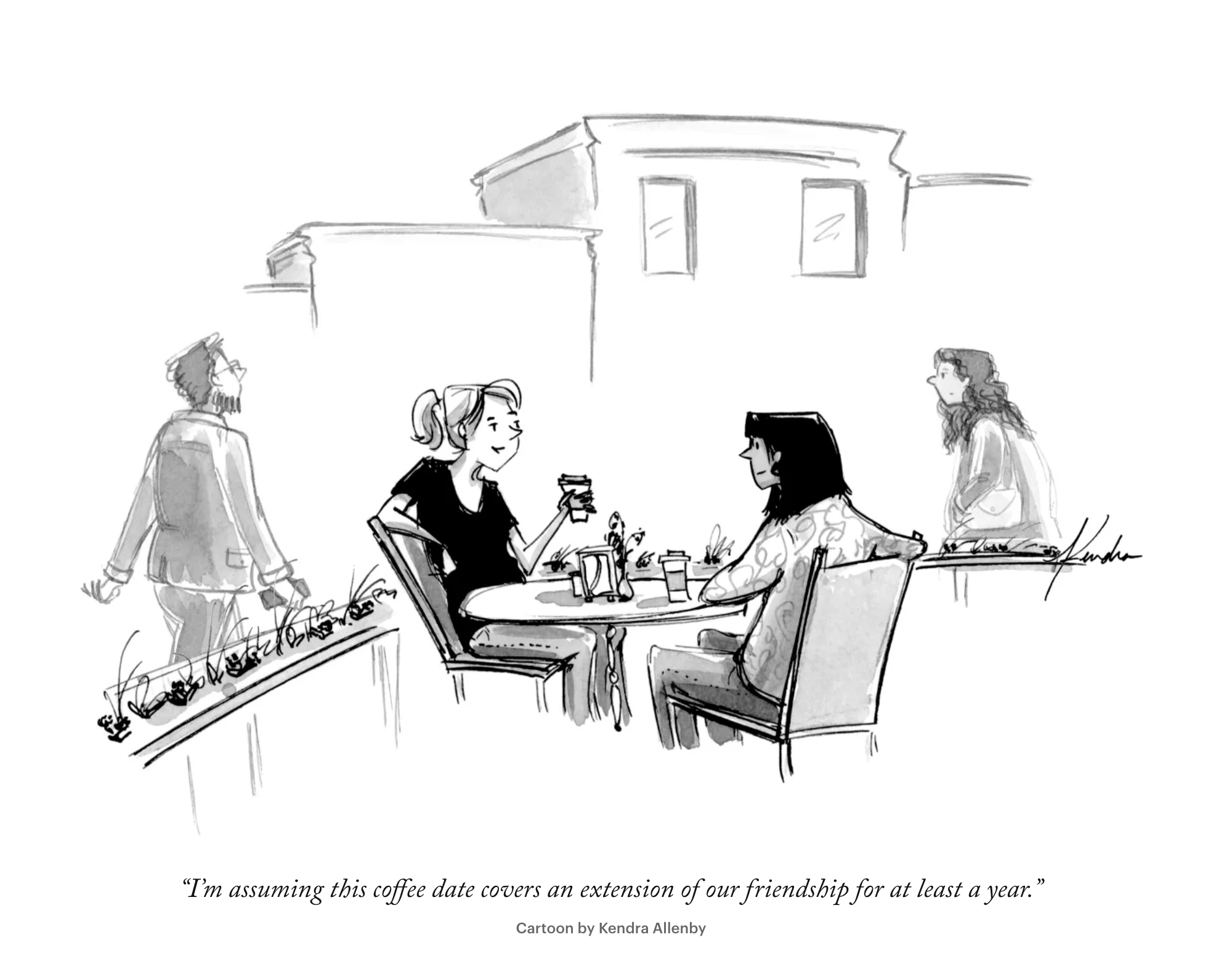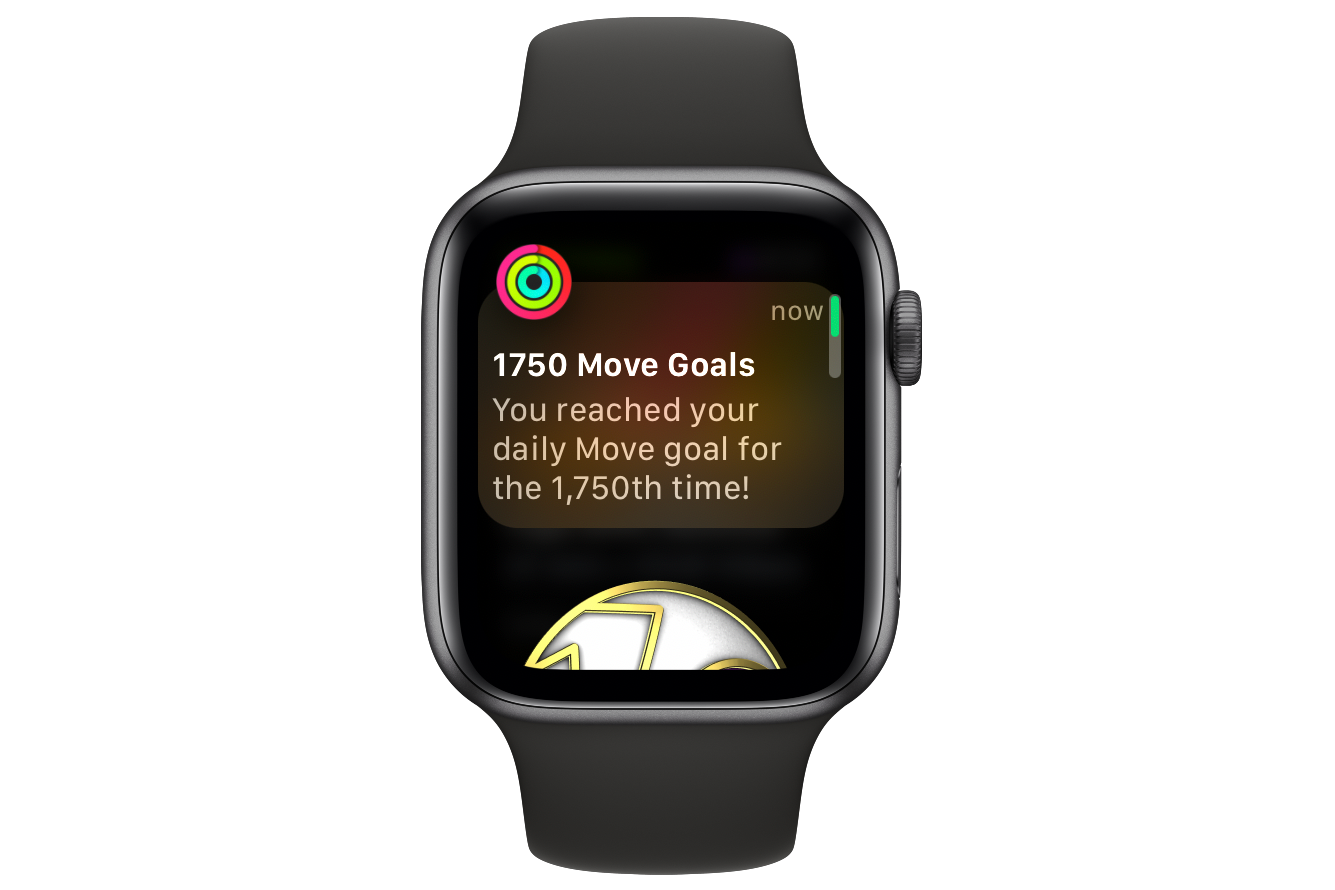The Final Triumph of Cormac McCarthy
- Notes
“The US’s first-ever trial in a constitutional climate lawsuit kicked off on Monday morning in a packed courtroom in Helena, Montana,” writes Dharna Noor in The Guardian.
I am so proud of these young people, and I am so proud this lawsuit is happening in Montana. I love Montana, even though I’ve had my issues with it over the years, and I actually did not know that
Montana’s state’s constitution has since 1972 guaranteed that the “state and each person shall maintain and improve a clean and healthful environment in Montana for present and future generations”.
That is incredible. I hope this lawsuit kicks off the proper energy and motivation for other states and countries to bring more lawsuits like this to the courts. A man can hope.
Speaking of having nightmares and living in the moment, my favorite writer, the man I have looked toward for guidance and inspiration during my entire adult life, has died.
I have no words.
Bahala na, as taught to Jenny Odell by an artist born in the Philippines, is a Tagalog phrase that translates to “whatever happens, happens”:
That may sound resigned or passive, and indeed, an American psychologist argued in the 1960s that the attitude described by bahala na had similarities with American fatalism. But when the Filipino psychologist Alfredo Lagmay interviewed people around Manila about its usage, a more interesting picture emerged. What he found was a “positive, functional response to uncertainty,” something that meant meeting the present with everything you had at your disposal, a sharp-eyed sallying forth even when you didn’t feel totally prepared or in control. It was a form of acceptance that was actually the opposite of giving up because acceptance was the beginning of observation and response.
Jenny Odell, an author I love, continues to describe bahala na in a way that’s similar to what I’ve learned in my recent adventures with Zen and Stoicism:
Both declinism — the belief that the past was better and the future will be worse, and blind optimism — the belief that the past was worse and the future is inevitably better — absolve us of our responsibility to act now, in this gap between the past and future. In contrast, the improvisational spirit lives inside that gap, and it can be surprisingly full of ingenuity and joy even when the situation is dire. As something we share with our nonhuman brethren, the capacity to form new responses is how you know you’re alive, today, here. So when my mum says, “whatever happens, happens,” what I hear is not resignation but a mix of humility, trust, and curiosity. And I think it’s like this — through love of the present, and of ourselves in it — that we actually win the future.
All we have is now. The past and the future don’t exist, now. We live now. I don’t know how else to describe it. The present moment is the only moment that matters; life is made of the present moment. To live well, live now.
A few weeks ago, I saw this video of Costello the octopus potentially having a nightmare, and I’ve been haunted by it ever since. Ever since becoming vegan in 2017, I’ve become a lot more spiritual when it comes toward animals, nature, and the Universe. I see no need why anyone should kill and eat animals in this modern world of plenty, but that’s a losing battle I won’t fight now.
What has affected me so much right now is that last night before bed, I put on Anthony Bourdain: Parts Unknown on Max, and I watched the season 5 episode where he goes to Hawaii. There’s a segment where he and a few other Hawaiians go hunting for octopuses. They used a sharp spear to coax the octopus out of its hole in the ground, and when it tried to swim away, Anthony grabs it and begins to explain that the way to kill it is to bite the brain. However, he couldn’t find it, so we see him bite the octopus, bite the octopus, bite the octopus, and eventually, the octopus dies from exhaustion.
Seeing the tentacles flair and writhe was one of the most gruesome things I had ever seen. Usually, stuff like this doesn’t affect me much. I was an EMT for many years. I’ve seen some gruesome things in my life, but this, this is haunting me. Octopuses can have nightmares; I’m having a nightmare right now.
One of my favorite YouTube channels is Masahiro Sakurai on Creating Games, and a few days ago, he released this video of some of my favorite video game music (Zelda! Xenoblade Chronicles!) being performed live in Japan by an orchestra as part of the Press Start: Symphony of Games concert series. If you’re a fan of these video games, or really, video games in general, you should definitely watch this. A whole nine plus minutes of Xenoblade Chronicles music? Oh my goodness.
To continue the thought from my previous post, Robin Dunbar explains how friendships die:
Friendships die when we do not see the people concerned often enough to maintain the relationship at its former level of emotional intimacy—and especially so when neither side can quite muster the energy to do anything about it. So the tendency is for such relationships to fade quietly, almost by accident rather than design. The road to friendship is paved with good intentions to meet up again, and no doubt a good bit of guilt—we must get together sometime… but somehow sometime never comes because too many other priorities intervene.
There’s that energy I mentioned before. Friendships die when neither side can quite muster the energy to do anything about it. Don’t want friendships to die? Do something about it.
This reminds me of this New Yorker cartoon from this week’s issue:

In a chapter titled “Why friendships end” in his book Friends, Robin Dunbar writes about a study conducted by Michael Argyle and his collaborator Monika Henderson that examined the rules that underpin friendships. They identified six key rules which were essential for maintaining a stable relationship:
I’m embarrassed to admit this, but I’ve been working hard this year to improve my friendships and my social network as a whole, and I have found Friends by Robin Dunbar to be an invaluable resource to help me understand what makes friendships work and how I can be a better friend to those I care about.
I’ve lost too many friends over the years from the simple fact that neither side devoted enough energy in maintaining the relationship. All it takes is a bit of energy, and that has been where I’ve been trying to redirect my attention and focus onto this year. I can’t say that I’m the most popular person in the world now or anything, but I can say that it has been fun to make plans with my friends, to hang out with them, to confide in them, and to share some part of our lives together.
This has been really tough, though. Even though these people are my friends, I still feel that fear of rejection, of cancelled plans, of maybe mistaking where I think my friends lie in my friend circles and where I lie in theirs. Calibrating that has been interesting. Keeping friendships takes a lot of energy, and I think I’m ready to expend as much of it as possible on them.

This is from a few days ago. I used to think achievements like these were fun, but lately, I’ve been feeling like they’re more a burden than anything else. I’ve been contemplating living life without my Apple Watch, maybe replacing it with an old-school watch, but I’m not sure. The Apple Watch can be useful, but disconnecting from technology might be more useful. Still thinking through this…
School ended on Wednesday, and I saw all the kids head home for the summer. Yesterday I said goodbye to teachers and friends who are moving on to new jobs and new opportunities. I also said goodbye to a 6th grader who transferred to our school last summer and who was as shy and stubborn a kid as I’ve ever met in my life but who slowly opened himself to us throughout the year and became such a loving and overwhelming force in my life that I almost cried as I gave him one last hug and said goodbye to him one last time.
I believe the summer is a time for new beginnings and a time to experiment and have fun. I have plans and ideas and wants and wishes for how I want to spend this summer, and I know life usually has other plans for me, but I feel like I’m in a better place now than I’ve ever been in my life that I know in my bones I will go with the flow and live as best as I can, no matter what life decides to throw at me.
I will miss my friends and I will miss these kids I may never see again, but my life is better because we shared a bit of ours for a brief period of time. “He looks up to you,” a co-worker of mine told me a few weeks ago, referring to the 6th grader. “Doesn’t it feel nice to have someone that looks up to you like he does?” We talked about anime and manga and my love of black coffee and his utter disgust of it. We would tease each other relentlessly, and I’m simply going to miss him. I’m going to miss a lot of things here in the next few days and weeks, but life moves on and I have to, too.
Page 2 of 37